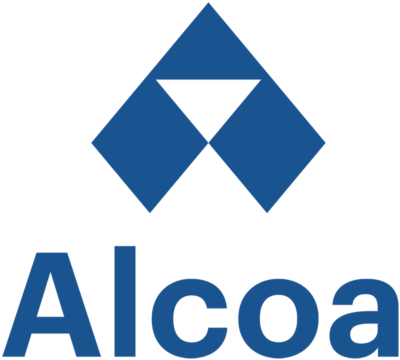Challenges.
Alcoa’s main goal is to connect and balance the demand from sales teams and customers with the company’s production capacity. But their previous demand planning solution wasn’t meeting their planning requirements and data aggregation was still in spreadsheets.
Why Workday.
Alcoa team members evaluated multiple software vendors and chose three to conduct a proof of concept (POC). After the POC, the company selected Workday Adaptive Planning because they could customise the solution to their needs. It was also faster to deploy and offered a lower total cost of ownership than the other vendors.
Benefits and results.
A single source of truth.
Alcoa leverages Adaptive Planning for tracking actual production and sales and forecast demand. It’s a trusted single source of truth for inventory valuations, supporting AR and AP data in order to track and forecast working capital requirements.
Quicker analysis to course-correct trends
Efficient forecasting and enhanced visibility.
Alcoa consolidated the global demand forecast into one system. Their improved visibility into sales, inventory, accounts receivable and accounts payable means better control over working capital requirements. Adaptive Planning enables the team to spend more time on reporting, analysis and what-if scenarios.
50%
reduction in planning and reporting cycle times
4
days to 1.5 days of cycle time for a new scenario
Agility and insights with what-if scenario analysis.
Pandemic-driven volatility impacted aluminium demand across numerous industries. With Adaptive Planning, the Alcoa team analysed actuals vs. forecast data and generated new scenarios to course-correct much faster. The team tracked how the markets were evolving throughout the pandemic and assessed the impact of unpredictability in key market segments on production and working capital requirements.
4x
improvement in demand planning efficiency
50%
shorter processing time
Related Content

